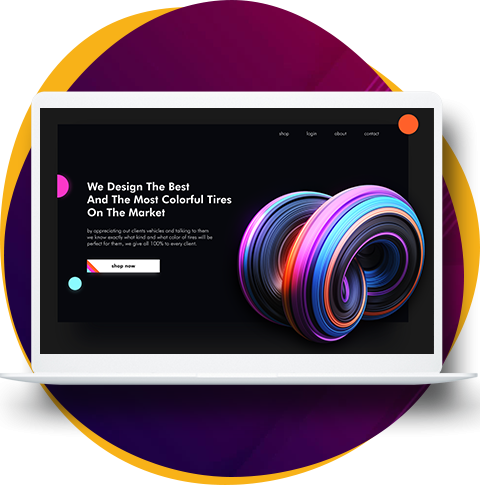WEBNET UNIQUE AND
Creative Websites. HOW WE
Makes your competitors follow your trend


back
back
back
back
back
back


Most businesses look at their competitors and try to copy what is already working. We believe that’s the slowest way to grow.
At Webnet Pakistan, we build websites that don’t chase trends. They create them. When your brand stands out with clarity, structure, and confidence, the market notices. And slowly, others begin adjusting their designs around yours.
If you want to win long term, you don’t compete on noise. You compete on positioning. Be the brand that sets the direction. Be the one they watch.
Outselling your competition is rarely about shouting louder. It is about thinking deeper.
Before design begins, we analyze your industry, your audience behavior, your buying psychology, and the gaps your competitors have ignored. Strategy comes first. Visuals come after.
When a website is built around intelligent structure, persuasive flow, and measurable goals, it becomes more than a design. It becomes a sales engine.
You don’t need to defeat competitors emotionally. You need to out-plan them.
There is a silent compliment in business. It happens when competitors start adjusting their layouts, offers, and messaging to look closer to yours.
That only happens when your brand feels ahead of the curve.
Custom Web Design gives you that edge. Not templates. Not borrowed ideas. But a digital presence shaped around your identity, your strengths, and your market advantage.
When you invest in originality, the market eventually aligns around you.
A beautiful website without direction is decoration. A strategic website becomes growth.
We align your website with your Digital Marketing Services, customer journey, and long-term brand positioning. Every section has a purpose. Every page has a role. Every click is guided.
The result is not just traffic. It is clarity, trust, and measurable conversion.
Understand your customers, their problems and their needs is one way to eliminate competition in business by providing them the ease to purchase your products and services. Highlight your difference from the competitor having unique website and establishing a strong brand.
Your website is often the first serious conversation a customer has with your brand.
If it looks similar to ten others in your industry, it quietly sends the wrong message. Familiar is comfortable, but different is memorable.
With our Custom CMS Service and tailored development approach, we build platforms that reflect your brand voice, not industry repetition. Clean architecture, strong storytelling, meaningful visuals, and fast performance.
Your brand identity should be recognized before your logo is read.
Your website does not live in isolation. It connects to every platform your audience uses.
From Social Media Marketing to content campaigns and brand messaging, your digital presence should be consistent and intentional across all channels.
Engagement grows when your brand feels confident and consistent. When your message is clear, customers respond. When your platform feels premium, they stay longer.
Growth is not random. It is designed.